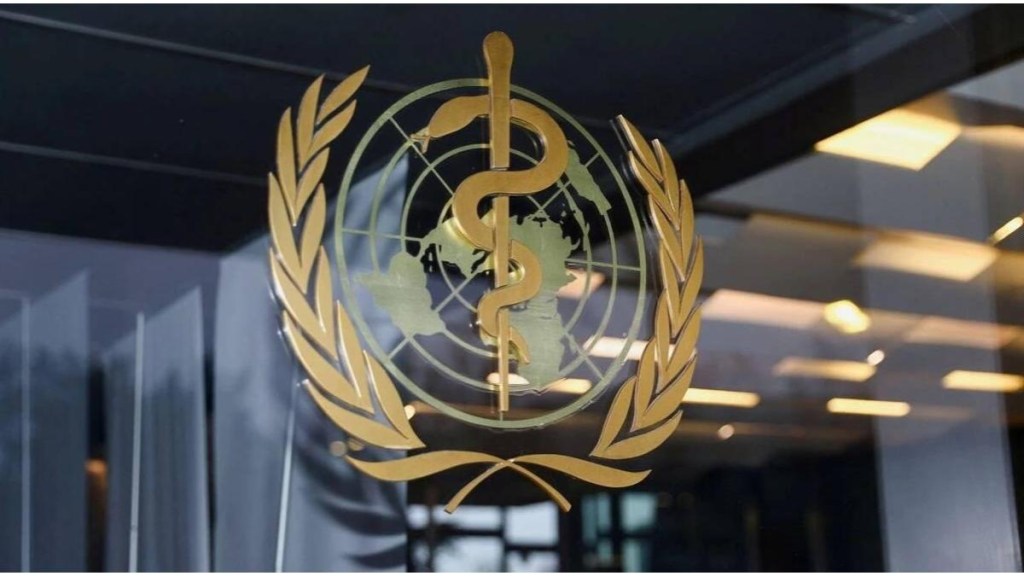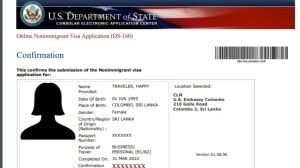In May, the World Health Organization (WHO) warned against the use of non-sugar sweeteners (NSS), flagging negative health outcomes in the long run. Recently, the WHO’s cancer research group designated aspartame, a common NSS, as a “possible carcinogen”. However, this characterisation may not be as ‘cut and dry’ as it seems. Sarthak Ray explains why.
Non-sugar sweeteners
Non-sugar sweeteners are chemical (artificial) formulations or natural extracts (from stevia, monk fruit) used in place of sugar. Often marketed as low-calorie sugar substitutes, they contain very few to no calories but have a higher intensity of sweetness per gram than sweeteners with calories, as per the US Food and Drug Administration. Examples include acesulfame K, aspartame, saccharin, sucralose, stevia, etc. Given they are several times sweeter than sugar, they are used in much smaller quantities.
Food with NSS is often labelled “sugar-free” or “diet”. Sugar readily breaks down into glucose in the body, so, NSS are usually targeted at people with diabetes/prediabetes. However, they are often available generally (except to those for whom it is contraindicated) via diet drinks/food.
WHO and aspartame
On July 14, the WHO put out a statement in which it noted that its cancer research body, the International Agency for Research on Cancer (IARC) had classified aspartame, a commonly used NSS as “possibly carcinogenic to humans”, based on a review of available evidence by IARC and the Food and Agriculture Organization’s (FAO’s) Joint Expert Committee on Food Additives (JECFA). JECFA reiterated the acceptable daily intake of 40 mg/kg of body weight.
IARC’s “possibly carcinogenic” tag for aspartame was based on limited evidence for cancer in humans (specifically, for hepatocellular carcinoma, which is a type of liver cancer). The IARC and JECFA evaluations of the impact of aspartame were based on scientific data collected from a range of sources, including peer-reviewed papers, governmental reports and studies conducted for regulatory purposes, the WHO said in its release.
US FDA differs…
On July 14 itself, the US Food and Drugs Administration (US FDA) released a statement saying that Aspartame being labeled by IARC as “possibly carcinogenic to humans” does not mean that aspartame is actually linked to cancer.
The US food regulator said it “disagrees” with the IARC’s conclusion, and that its scientists had reviewed the scientific information that IARC’s review included in 2021 when it was first made available. The FDA researchers identified significant shortcomings in these studies. The regulator noted that JEFCA hasn’t changed the acceptable daily intake, and said that aspartame is one of the most studied human food additives and its scientists are not concerned about its use in approved conditions. It also highlighted that the regulators of developed jurisdictions such as Canada and the EU have also approved aspartame’s use.
However, aspartame is contraindicated for people with certain pre-existing metabolic diseases and there are country-specific laws.
What happens now?
Aspartame, approved in the US in 1974, is a low-cost additive and is 200 times sweeter than sugar. So, expectedly, there has been a push-back from companies whose offerings include the sweetener.
Its wide approval across jurisdictions will make any shift away from it quite difficult in the immediate run—at least until more convincing evidence emerges. (Another top WHO official said that the new IARC classification should be treated as “more of a call to the research community to try to better clarify and understand the carcinogenic hazard” than a “direct statement that indicates … a known cancer hazard”.)
The IARC considered findings of three studies—one followed 477,206 participants in Europe over 11 years and said consumption of sweet (including aspartame using) soft-drinks was linked to increased liver cancer risks; the other two (both US-based) also said there were increased risks of liver cancer from artificially sweetened drinks. All three suffered from certain limitations, including imprecise measurement of intake.
While activist-researchers have called for aspartame bans in the past too, even with the IARC classification, the decision will rest upon individual regulators, and on market dynamics, if consumers shun aspartame-containing food.








